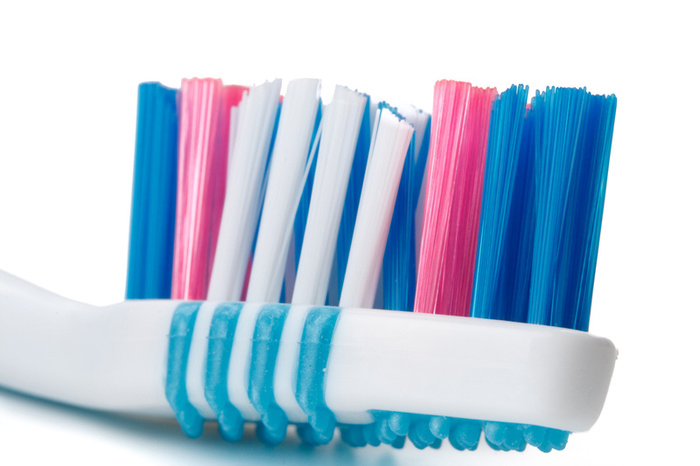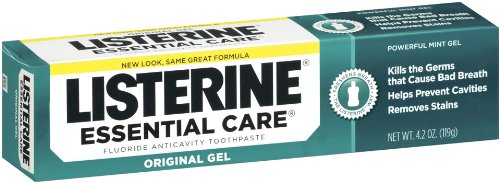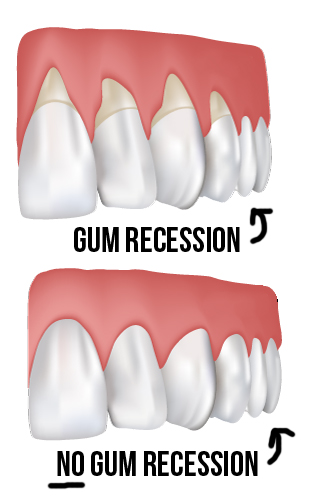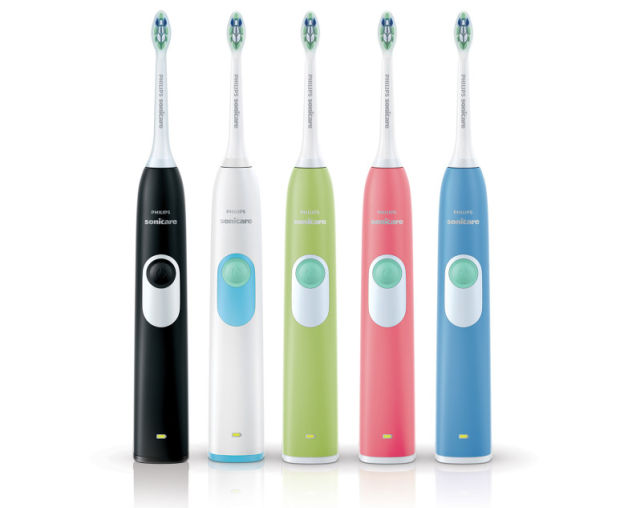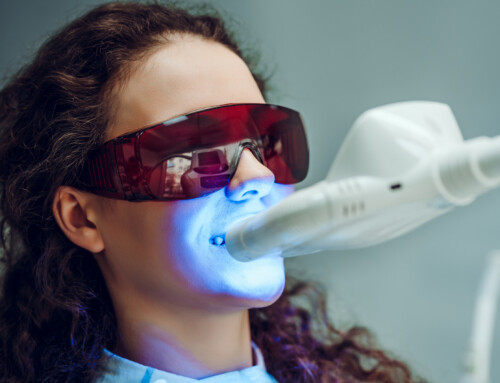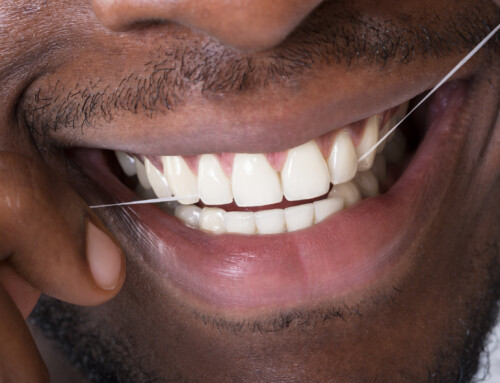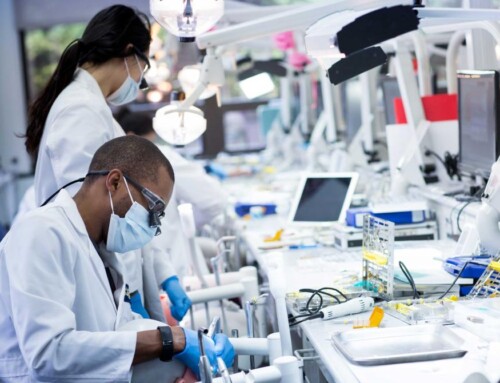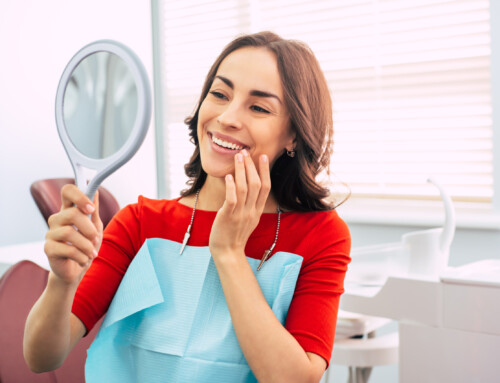Patients ask me all the time what kind of toothpaste I recommend and what type of toothbrush they should be using.
The answers I give them are based on my own experience and clinical experience that spans nearly 26 years.
I tend to keep it simple. There are situations that could use a custom approach, but 95% of the time, my “go to” picks are the same.
Toothpaste I Recommend:
I like Listerine toothpaste for a couple of reasons.
First of all, Listerine is a gel. Gels are less abrasive on any exposed root surfaces as well as on the gum tissue. Many of my patients have gum tissue that has receded and root surfaces that have eroded away (a condition called abfraction).
Hard bristle brushes (see below) and a see-sawing brush movement are contributors to the condition. However, another big factor involved with gum recession/root erosion is abrasive toothpastes. A more abrasive toothpaste is like a courser grit of sandpaper. I regularly recommend to patients that they avoid toothpastes that say “whitening” or “baking soda” because these tend to be the most abrasive. I like gel toothpastes because they are generally softer and are, thus, less damaging to oral tissue. Listerine only comes as a gel.
Second, Listerine is the only common toothpaste that claims to actually kill the oral bacteria that causes gum disease and cavities. To me, that is a big deal. Now, it will not kill all the bacteria, which are estimated to fill your mouth in the billions, but it puts a dent in it.
For patients with generalized cold or sweet sensitivity, prescription grade PreviDent toothpaste by Colgate has shown the best results in my practice.
Toothbrushes I Recommend
Use an up and down motion rather than a back and forth one and use very little force. The key is to be thorough and to take your time (usually about two minutes).
The closer to your meals that you can brush, the better your plaque removal will be. Never go to bed without brushing your teeth.
And remember, a good tooth brushing is no substitute for flossing (which is another topic of course). Most manual brand-name brushes are similar, but my favorites are Reach, Oral-B and Colgate. Change your toothbrush every six months.
The single greatest at-home tool to keep gums healthy is, in my experience, a Sonicare electric toothbrush.
Not all electric toothbrushes are the same and clinical trials have shown the Sonicare to be the most effective toothbrush out there. I like the youth-sized heads, which also should be changed every six months. Treat yourself to oral health and invest in a Sonicare.
If you have any questions, please do not hesitate to contact me. Brush well and prosper!

